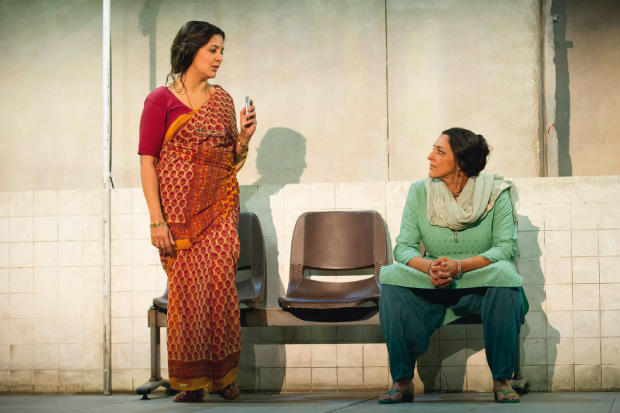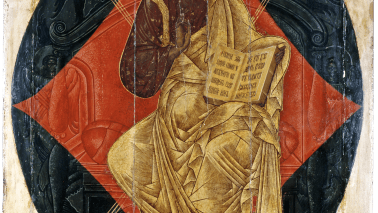Another Country was an instant response to Anthony Blunt’s exposure in 1979 as a Marxist spy. Julian Mitchell set out to explain how gay public-school toffs, reared in a system of hypocrisy and backstabbing, could betray their country. At a time when Soviet communism was a potent and growing menace, this issue grabbed play-goers by the throat. Today’s audiences will find different sources of topicality. The school system itself seems rather admirable and idyllic, if a little rough around the edges. The play could almost be a YouTube advert for Eton. All that’s missing is the ethnic kaleidoscope. There are no Indian or Chinese pupils, no Sikh bodyguards patrolling the grounds, no Filipino food-tasters tentatively sipping the turtle broth of a Saudi dauphin. It’s a Farageist fantasy of lithe white limbs and lively Anglo-Saxon minds discussing politics in oak-panelled studies over guiltless cigarettes. The boys have been trained to question and challenge absolutely everything, up to and including the ethos of the school itself. And it works.
Thirty years on, these costly crammers are thriving like never before, while Soviet communism has been well and truly Blunted. Jeremy Herrin’s solid production boasts an outstanding performance from company oldster Julian Wadham. He plays a suave, epigrammatic journalist, ‘a friend of Harold Nicolson’, who visits the school to road-test his latest aperçus and gather new stock for his harem. The young cast are good but not one of them struck me as especially memorable. Mind you, I thought the same thing when I first saw the play — and I’d been watching Rupert Everett and Kenneth Branagh.
A Small Family Business, by Alan Ayckbourn, is a cul-de-sac melodrama featuring a happy English clan who fall into the arms of a criminal syndicate.









Comments
Join the debate for just £1 a month
Be part of the conversation with other Spectator readers by getting your first three months for £3.
UNLOCK ACCESS Just £1 a monthAlready a subscriber? Log in